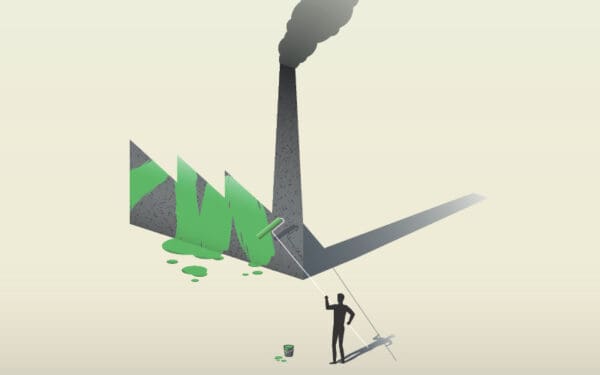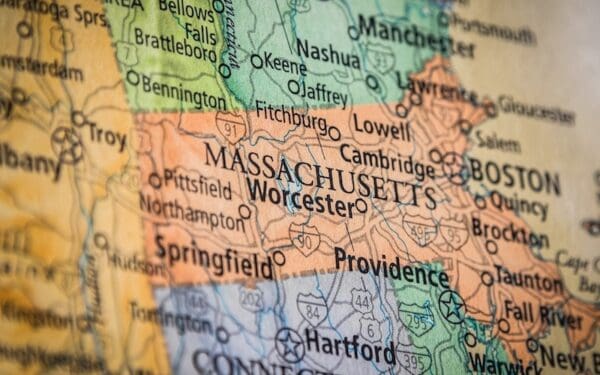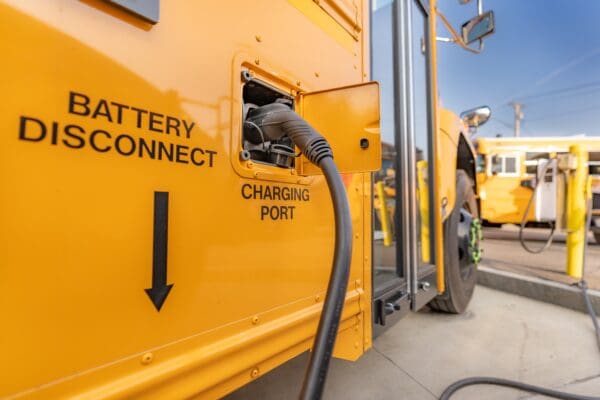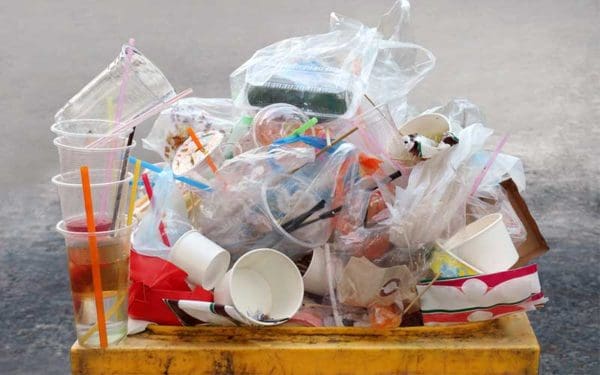What Is Greenwashing?
Some of the world’s biggest polluters want us to believe they’re going green – but they’re really just hiding “business as usual” behind slick words. Here’s how to spot greenwashing in action.

Some of the world’s biggest polluters want us to believe they’re going green – but they’re really just hiding “business as usual” behind slick words. Here’s how to spot greenwashing in action.

The Trump administration has launched an all-out legal attack on states’ authority to set climate change policy, but the president has come to the fight That’s why we’re urging state and local leaders to remain steadfast in pursuing environmental and climate change policies they know will improve the health of the planet.

We’re fighting for bills and budgets that prioritize the environment

Electric buses are transforming public transit with cleaner air, quieter streets, and lower long-term costs. From Boston to Burlington, communities benefit from healthier rides and reliable service. Despite federal setbacks, local action can accelerate this transition. Learn why investing in electric buses is essential for a cleaner, safer future.

Learn some of the most impactful activities you can do this Earth Day.

Plastic is everywhere – even in the places you’d least expect, like chewing gum, tea bags, wet wipes, receipts, and microwaveable popcorn bags. Yet, manufacturers continue to make more and more plastic each year – even though how plastic is made fuels a toxic cycle of production, consumption, and disposal.

Gas companies’ leaking pipes are driving up your utility bill

Trump’s latest executive order aims to make English the only official U.S. language – threatening civil rights and silencing millions. Learn how this move harms communities, undermines language access, and why CLF is fighting back to protect everyone’s voice.

CLF is advocating for bills that promote environmental justice and reduce inequity across New England

The act ensures that the public is able to engage in decisions like the placement of power plants, oil and gas infrastructure, industrial facilities, and highways and bridges.
